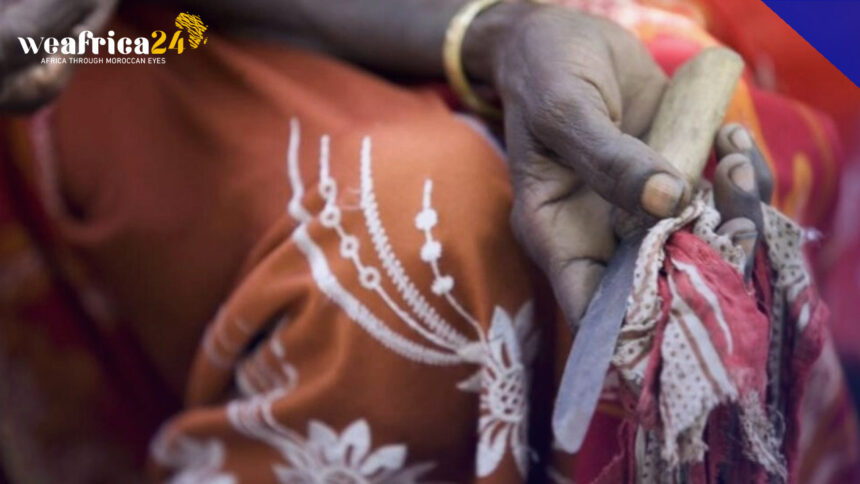In a session held on March 18, 2024, Gambian lawmakers deliberated the potential lifting of the ban on female genital mutilation (FGM) in the country. Contrary to expectations, the measure was not voted upon and is slated to undergo further review in committee, with no announced date for a subsequent vote.
Hundreds of individuals gathered in Banjul to protest against the consideration of this law. The question arises: why are Gambian parliamentarians revisiting the FGM prohibition enacted in 2015?
The parliamentarian who introduced the bill earlier this month is backed by the Gambian Supreme Islamic Council. He criticizes the fines imposed on three excisors last year, arguing that prohibiting this practice infringes upon the rights of Gambians to practice their customs and deeply-rooted traditions.
Indeed, despite its prohibition in 2015, FGM has persisted widely in Gambia. According to 2024 data from UNICEF, 73% of Gambian women aged 15 to 49 have undergone FGM, with the majority subjected to it before the age of 5.
For numerous civil society organizations, there is no correlation between FGM and religion. They urge authorities not to yield to pressure from extremist movements.
Anna Njie, President of the Gambian Women Lawyers Association, stands firm in her stance. Present at the assembly on Monday, she declared that she and her colleagues have “fought tirelessly to promote the rights of women and girls, aiming for Gambia to be among the countries that respect international conventions. We remain committed to ensuring that this law is not altered.”
The 2015 law criminalizing FGM stipulated that perpetrators could face imprisonment for up to three years and/or a fine of 50,000 Gambian dalasis. A life sentence could be imposed if the excised girl died following the procedure.







